A hybrid vehicle is a car that uses two or more sources of power to propel themselves. Unlike a conventional car, which relies solely on a gasoline engine, A hybrid vehicle combines a gasoline engine with an electric motor and a battery.
This allows hybrid vehicles to switch between or use both sources of power, depending on the driving conditions and the driver’s preferences. There are three main types of hybrid cars: parallel, series, and plug-in.
A parallel hybrid car can use either the gasoline engine or the electric motor, or both at the same time, to power the wheels.
A series hybrid vehicle uses a gasoline engine to generate electricity for the electric motor, which then powers the wheels.
A plug-in hybrid vehicle can be recharged from an external power source, such as a wall outlet, and can run on electricity alone for a certain distance, before switching to the gasoline engine.
Some examples of popular hybrid models and brands are the Toyota Prius, the Honda Insight, the Ford Fusion, and the Hyundai Ioniq.
These hybrid cars vary in their design, performance, features, and price, but they all share the same goal:
to reduce the fuel consumption and the environmental impact of driving.
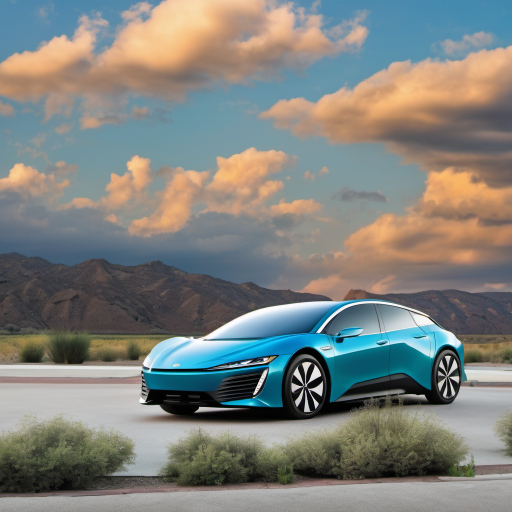
How Hybrid vehicle Works?
A hybrid vehicle has four main components that work together to power the car:
a gasoline engine, an electric motor, a battery, and a transmission.
The gasoline engine is similar to the one in a conventional car, but it is usually smaller and more efficient.
The electric motor is powered by a battery, which stores electricity from various sources.
The transmission connects the engine and the motor to the wheels, and determines how much power each source provides.
The hybrid vehicle can operate in different modes, depending on the driving conditions and the driver’s preferences.
In some modes, the gasoline engine and the electric motor work together to provide more power and acceleration.
In other modes, the gasoline engine or the electric motor can work alone, to save fuel or run on electricity.
The hybrid vehicle can also switch between modes automatically, to optimize performance and efficiency.
They also has a regenerative braking system, which can recover some of the kinetic energy that is normally lost when the car slows down or stops.
The regenerative braking system converts this energy into electricity, and stores it in the battery.
This reduces the need for the gasoline engine to charge the battery, and also reduces the wear and tear on the brakes.
Benefits of Hybrid Cars?
Hybrid cars have many benefits that make them attractive and appealing to drivers who want to save money, improve performance, and protect the environment.
Here are some of the main benefits of hybrid cars:
Improved fuel economy and reduced emissions:
Hybrid cars use less gasoline and produce less carbon dioxide than conventional cars, as they can switch to or combine with the electric motor when possible. According to the U.S.
Department of Energy, hybrid cars can achieve up to 55% better fuel economy than comparable gasoline-only cars.
This means that hybrid cars can save drivers money on gas and reduce their environmental impact.
For example, the 2024 Toyota Prius hybrid can get up to 58 mpg in the city and 53 mpg on the highway, while the 2024 Toyota Corolla gasoline-only car can get up to 31 mpg in the city and 40 mpg on the highway.
Hybrid Cars: Enhanced performance and handling:
Hybrid cars can deliver more power and acceleration than conventional cars, as they can use both the gasoline engine and the electric motor at the same time.
The electric motor can also provide instant torque and smooth acceleration, which can improve the driving experience.
they can also handle better on the road, as they have a lower center of gravity, a balanced weight distribution, and a responsive steering system.
For example, the 2024 Honda Accord hybrid can generate up to 212 horsepower and 232 pound-feet of torque, while the 2024 Honda Accord gasoline-only car can generate up to 192 horsepower and 192 pound-feet of torque.
Hybrid vehicle: Lower operating and maintenance costs:
Hybrid cars can have lower operating and maintenance costs than conventional cars, as they use less gas, oil, and other fluids.
they can also have longer service intervals and fewer repairs, as they have less wear and tear on the engine, the brakes, and other components.
they can also qualify for tax credits and incentives from the federal, state, and local governments, which can lower the purchase price and the registration fees.
For example, the 2024 Ford Fusion hybrid can save drivers up to $3,250 in fuel costs over five years, compared to the average new vehicle.
The 2024 Ford Fusion hybrid can also be eligible for a federal tax credit of up to $4,609, depending on the battery capacity and the income level.
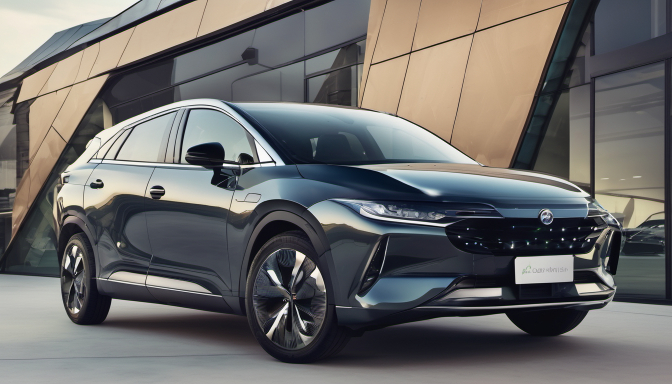
Challenges of Hybrid vehicle?
Hybrid cars have some challenges that make them less appealing and convenient to drivers who want to avoid hassle, compromise, and risk. Here are some of the main challenges of hybrid cars:
Higher initial purchase price and depreciation rate:
Hybrid cars cost more than their gas-powered counterparts, as they have more complex and expensive components, such as the battery, the electric motor, and the transmission.
According to the U.S. Department of Energy, hybrid cars can cost up to 20% more than comparable gasoline-only cars.
This means that hybrid cars can take longer to pay off their initial investment, even with the savings on gas and maintenance.
they also have a higher depreciation rate than conventional cars, as they lose more value over time due to the wear and tear on the battery, the limited demand, and the rapid innovation.
According to some estimates, hybrid cars can lose up to 50% of their original value after 3 years, compared to 40% for gasoline-only cars.
Limited battery life and range:
Hybrid cars have smaller and weaker batteries than electric cars, as they have to compromise between the size, the weight, and the cost of the battery and the engine.
Hybrid cars can only run on electricity for a short distance, usually less than 50 miles, before switching to the gasoline engine.
they also have a limited battery life, as they can only withstand a certain number of charge and discharge cycles before losing their capacity and performance.
they can also be affected by the temperature, as the battery can lose some of its power and efficiency in extremely hot or cold conditions.
Dependence on gasoline and electricity availability and prices:
Hybrid cars still rely on gasoline and electricity to power their drivetrains, which can make them vulnerable to the availability and prices of these resources.
Hybrid cars can still face the problem of finding a gas station or an electric outlet when they need to refuel or recharge, especially in remote or rural areas.
they can also be affected by the fluctuations and variations in gas and electricity prices, which can depend on the supply and demand, taxes and regulations, and the location and time of the year.
Hybrid cars can also have different fuel economy and emissions ratings depending on the type and quality of the gas and electricity they use
Potential safety and reliability issues:
Hybrid cars have some safety and reliability issues that can pose some risks and challenges to the drivers and the passengers.
Hybrid cars have a higher voltage and current than conventional cars, which can increase the chance of electric shocks, fires, or explosions in case of a collision, a short circuit, or water exposure.
they also have a complex and sophisticated system that can be difficult to diagnose, repair, or replace, especially by non-specialized mechanics or technicians.
Hybrid cars also have some unique features that can cause some confusion or inconvenience, such as the silent operation, the regenerative braking, and the start-stop function.
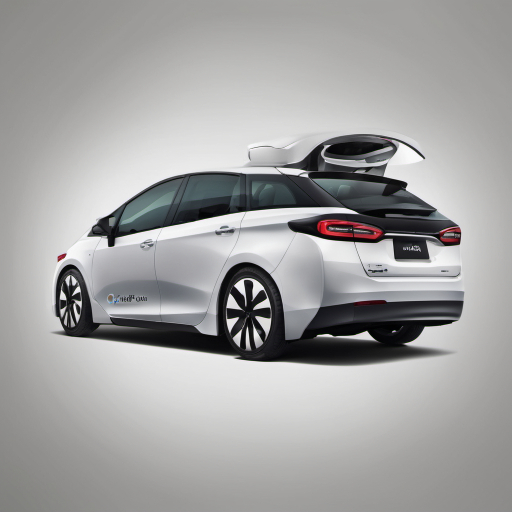
Future of Hybrid Cars?
Hybrid cars have a promising future, as they can adapt and evolve with the changing needs and preferences of the drivers and society.
they can also benefit from the innovation and collaboration of the automotive industry and other sectors, such as technology, energy, and the environment.
Here are some of the current trends and developments in the hybrid vehicle industry, and some of the predictions and scenarios for the future of hybrid cars:
Increasing market share and consumer demand:
Hybrid cars are becoming more popular and accessible, as more drivers are aware of and interested in the benefits of hybrid cars.
they are also becoming more affordable and competitive, as the production costs and the purchase prices of hybrid cars are decreasing over time.
According to some estimates, hybrid cars will account for 23% of global car sales by 2025, up from 14% in 2020.
Innovation and diversification of hybrid vehicle and features:
Hybrid cars are becoming more advanced and diverse, as more automakers are developing and launching new hybrid models and features.
they are also becoming more customized and personalized, as drivers can choose from a variety of options and configurations for their hybrid cars.
Some examples of the latest and upcoming hybrid models and features are the 2024 Toyota RAV4 Prime, which is a plug-in hybrid SUV with a 302-horsepower engine and a 42-mile electric range, and the 2024 Honda Insight, which is a hybrid sedan with a 55-mpg city rating and a 10.6-inch touchscreen.
Integration and collaboration with other technologies and sectors:
Hybrid cars are becoming more connected and compatible, as they can integrate and collaborate with other technologies and sectors, such as smart devices, renewable energy, and transportation systems.
they can also benefit from the research and development of other fields, such as artificial intelligence, biotechnology, and nanotechnology.
Some examples of the integration and collaboration of hybrid cars are Amazon Alexa, which is a voice assistant that can control and communicate with hybrid cars, and Vehicle-to-Grid (V2G) technology, which is a system that allows hybrid cars to store and supply electricity to the grid.
Regulation and standardization of hybrid policies and practices:
Hybrid cars are becoming more regulated and standardized, as they have to comply with the policies and practices of different governments and organizations, such as emission standards, safety rules, and tax incentives.
they can also influence and shape the policies and practices of different sectors, such as energy, environment, and economy.
Some examples of the regulation and standardization of hybrid cars are the Corporate Average Fuel Economy (CAFE) standards, which are the regulations that set the minimum fuel efficiency requirements for cars and trucks in the US, and the Zero Emission Vehicle (ZEV) program, which is an initiative that requires automakers to sell a certain percentage of electric and hybrid vehicles in some states.
Electric and Hybrid Vehicles 2nd Edition, BOOK
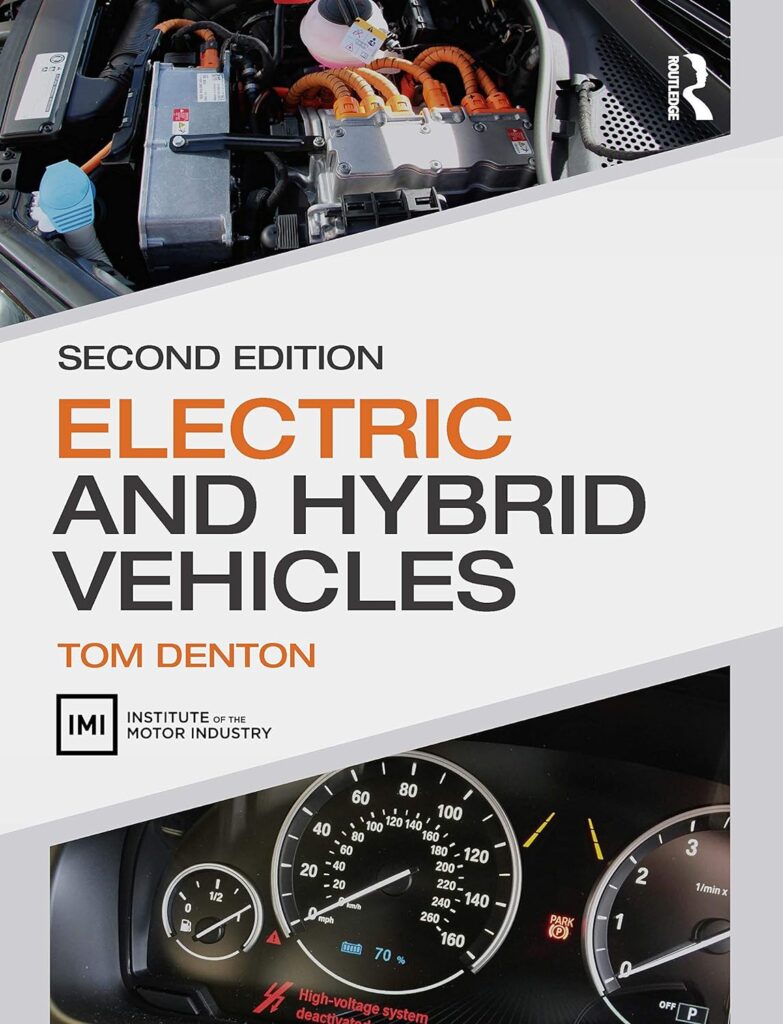
Conclusion of Hybrid vehicle
Hybrid cars are vehicles that use two or more sources of power to propel themselves, such as a gasoline engine and an electric motor.
Hybrid cars can offer many benefits, such as improved fuel economy, enhanced performance, lower operating costs, and reduced emissions.
However, hybrid cars also have some challenges, such as higher initial prices, limited battery life, dependence on gasoline and electricity, and potential safety and reliability issues.
Hybrid cars have a promising future, as they can adapt and evolve with the changing needs and preferences of the drivers and society.
they can also benefit from the innovation and collaboration of the automotive industry and other sectors, such as technology, energy, and the environment.
Hybrid cars can also influence and shape the policies and practices of different governments and organizations, such as emission standards, safety rules, and tax incentives.
If you are interested in buying a hybrid car, you should do your own research, compare different options, and test drive the car before making a final decision.
You should also consider your personal preferences, needs, and budget, as well as the availability and prices of gasoline and electricity in your area.
Hybrid cars are not for everyone, but they might be the perfect choice for you.
Electric and Hybrid Vehicles 3rd Edition
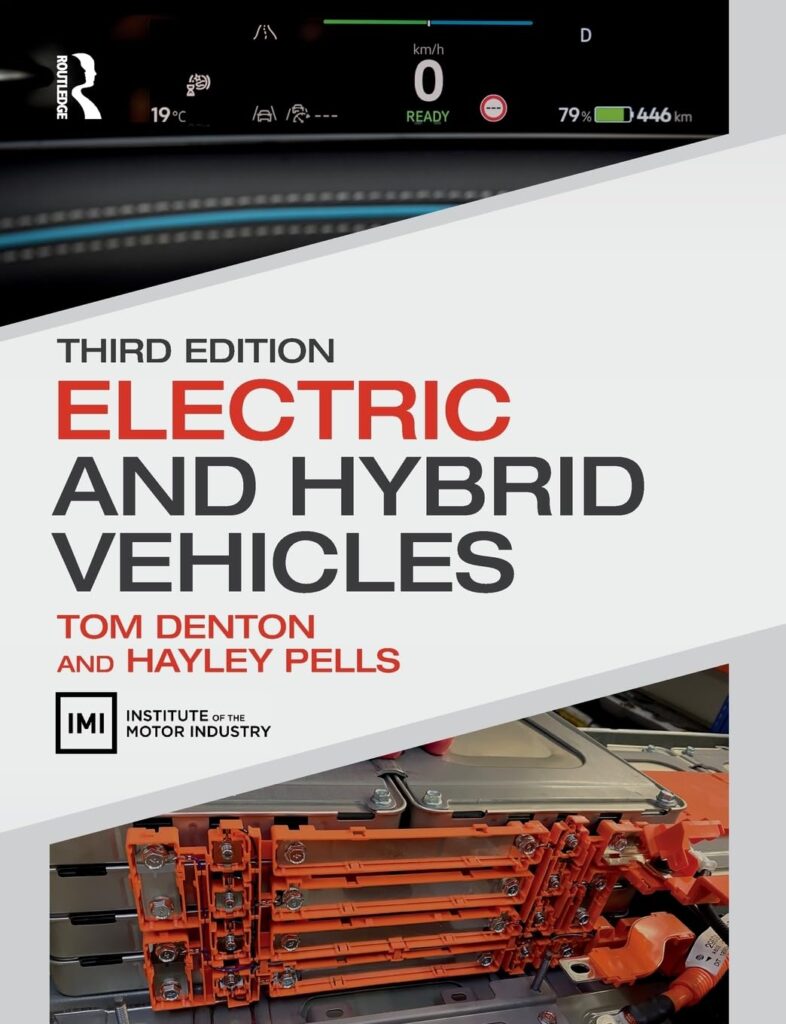
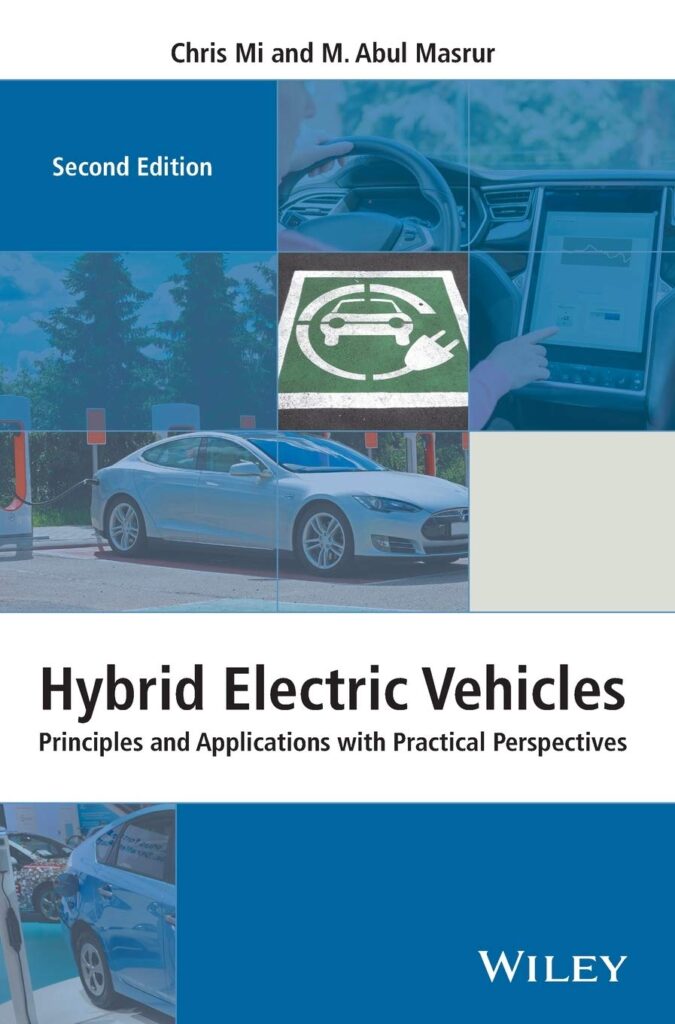
Hybrid Electric Vehicles: Principles and Applications with Practical Perspectives (Automotive Series) 2nd Edition
You may also like:

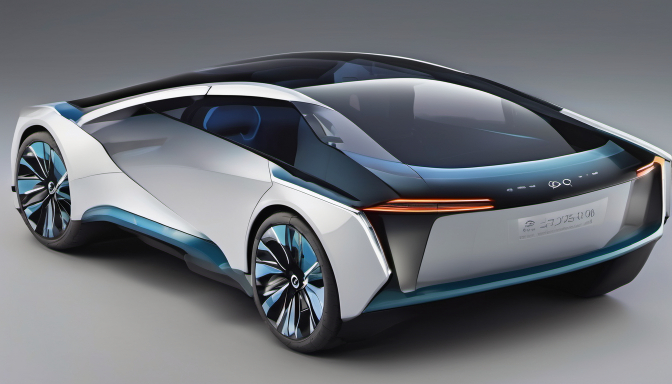
Pingback: The Best Luxury SUVs For Families in 2024
Pingback: Budget EVs in 2024: The Future is Electric and (Affordable!)